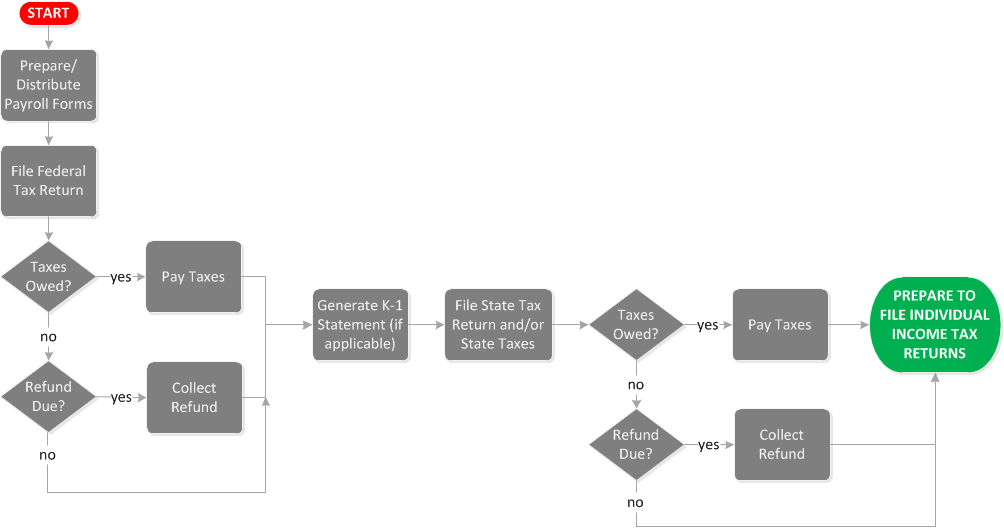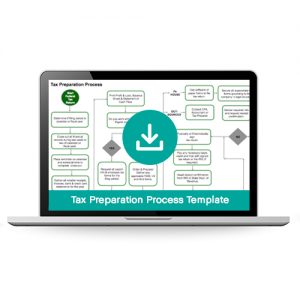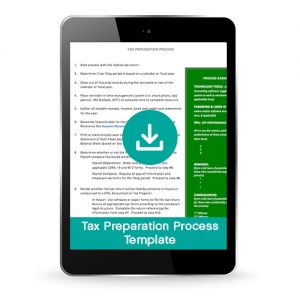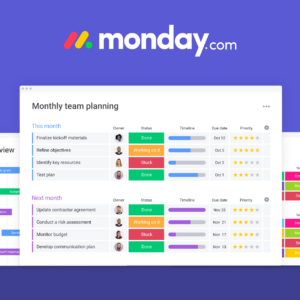As an entrepreneur, you are well aware that paying taxes and filing tax returns are a part of doing business in America whether your business made $50 or $50,000,000. Failure to do so on time or at all can easily lead you and your company into a financial and legal hole.
Most small businesses in America are classified as sole-proprietorships, s-corporations, LLCs/LLPs or partnerships. If your business falls into one of these categories, then keep reading.
Taxes vs. Tax Return
Although every small business is subject to paying federal income taxes, there are a variety of other taxes (or fees) your company is expected to pay depending on your company’s industry and the state(s) (and often times counties or parishes) in which you conduct business. Such taxes can include:
- sales tax
- mining tax
- utility tax
- communications tax
- various employment taxes
- excise tax
- licensing tax
- annual registration tax
Tax returns consist of a series of forms that must be completed (preferably by a CPA, Accountant or certified tax preparer) based on your company’s financial records for the close of a calendar or fiscal year. As the owner, you must sign the tax returns and ensure they are filed on time. The federal tax return is filed first so that the adjusted gross income can then be reported on the state tax return(s).
2013 Federal Income Tax Return
The 2013 federal tax return deadline is Mar. 17, 2014 as established by the IRS.
There are many forms to complete for your company’s federal income tax return, but the most common are:
- S-Corporation: Form 1120S
- LLC/LLP: Form 8832, Form 1120S or Form 1040 (depending on legal structure)
- Partnership: Form 1065
- Sole Proprietorship: Form 1040
Note that if your company is considered to be a foreign entity, then you will more than likely have to complete and file Form 1120-F. If you had employees or hired independent contractors during the 2013 calendar year, then you must prepare and distribute W2 and 1099 forms by a certain date BEFORE you can file the federal income tax return.
The flowchart below shows the relationship amongst filing employment forms, the federal tax return and state tax return(s).

2013 State Income Tax Returns
When you file a business state income tax return largely depends on which state(s) you conducted business in. For example, in many states the business tax return is also due on Mar. 17, 2014.
However, in some states the deadline for filing a state tax return for your business is dependent upon whether or not your business operates on a fiscal or calendar year. For example, California and North Dakota require filing based on a time period following the end of your business’ tax year (fiscal or calendar).
Another tricky area for many entrepreneurs is figuring out exactly which state returns must be completed and filed for their businesses. This is why its SO important that you consult with a CPA, accountant or certified tax preparer to get help in figuring this out.
Depending on the state, you must file a state tax return if your company:
- is registered in a particular state
- conducted business in a particular state
- received business income from/in a particular state
- incorporated or formed a partnership in a particular state
So, its possible that if your business is legally registered in New York but you did most of your consulting work in 2013 in California (and your business received income), you would have to file a state tax return in both New York and California.
To help minimize confusion about this, I’ve compiled a list of each state along with a link to its governing taxation body. If you’re curious about whether or not you will have to file multiple state tax returns, then click on the link(s) corresponding to the state where you conducted business and find out whether or not you must file a state tax return.
*Note that South Dakota and Wyoming do not have a corporate/business income tax.
Federal & State Tax Return Filing Preparation Process
 Hopefully by now you understand the importance of doing your due diligence in preparing for your federal and state tax returns.
Hopefully by now you understand the importance of doing your due diligence in preparing for your federal and state tax returns.
It’s also probably no mystery why working with qualified tax professionals is critical to making sure your business stays in legal compliance from a taxation standpoint.
There are certain things you can do throughout your calendar or fiscal year to make the tax return filing process easier and more efficient for the tax professional you work with.












